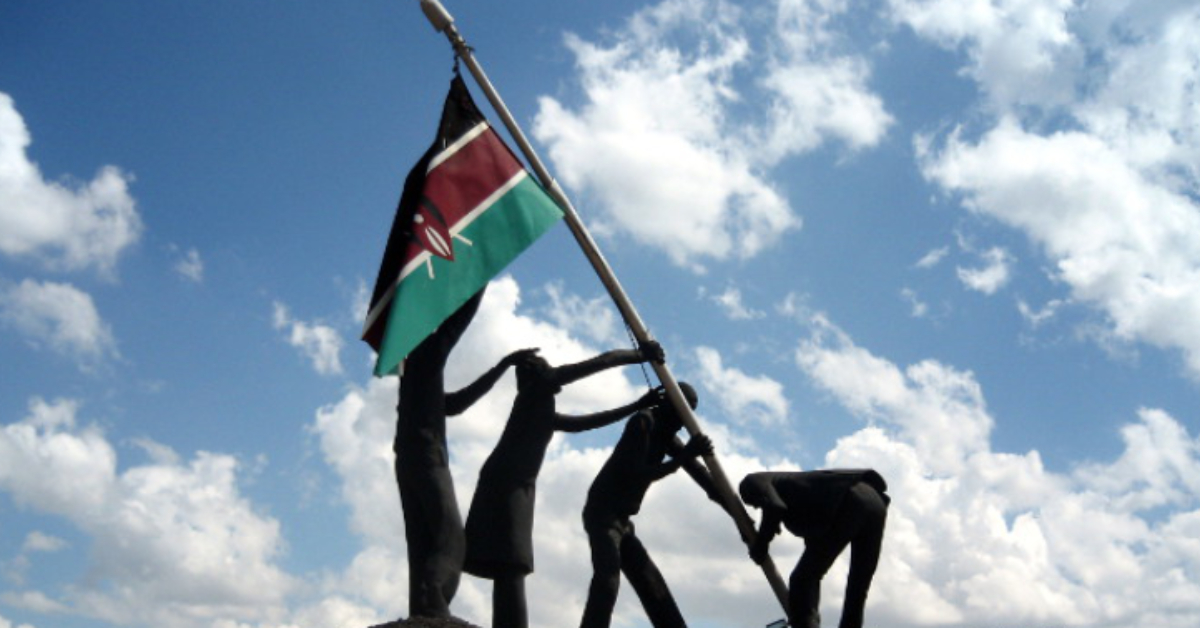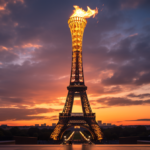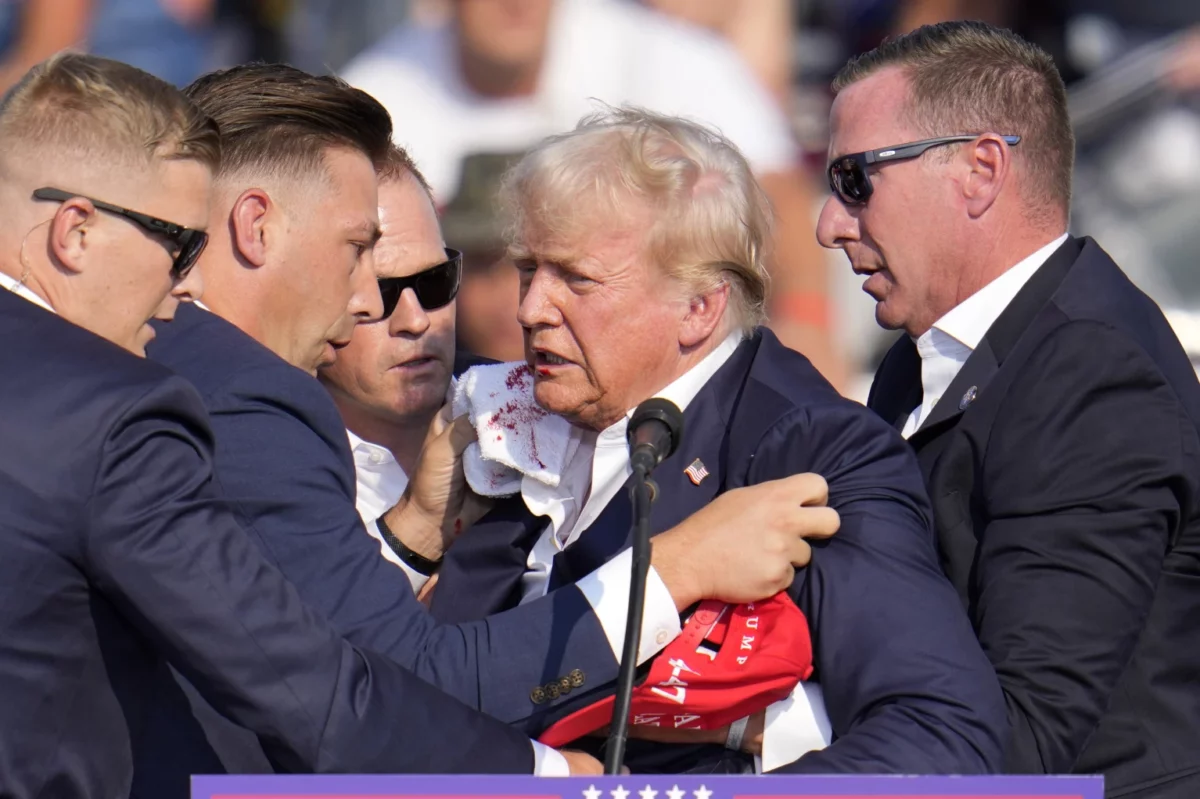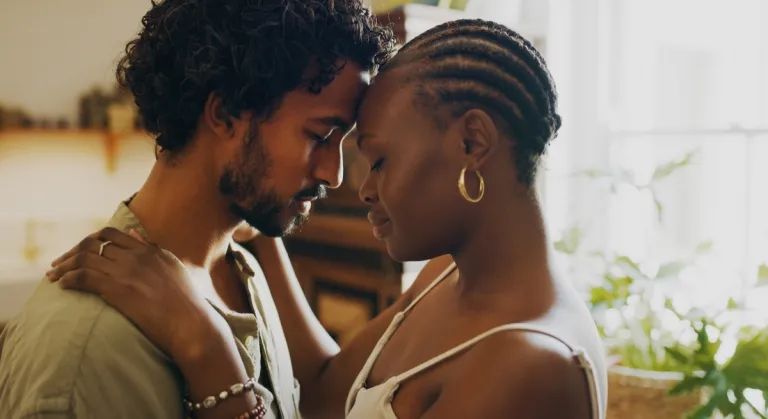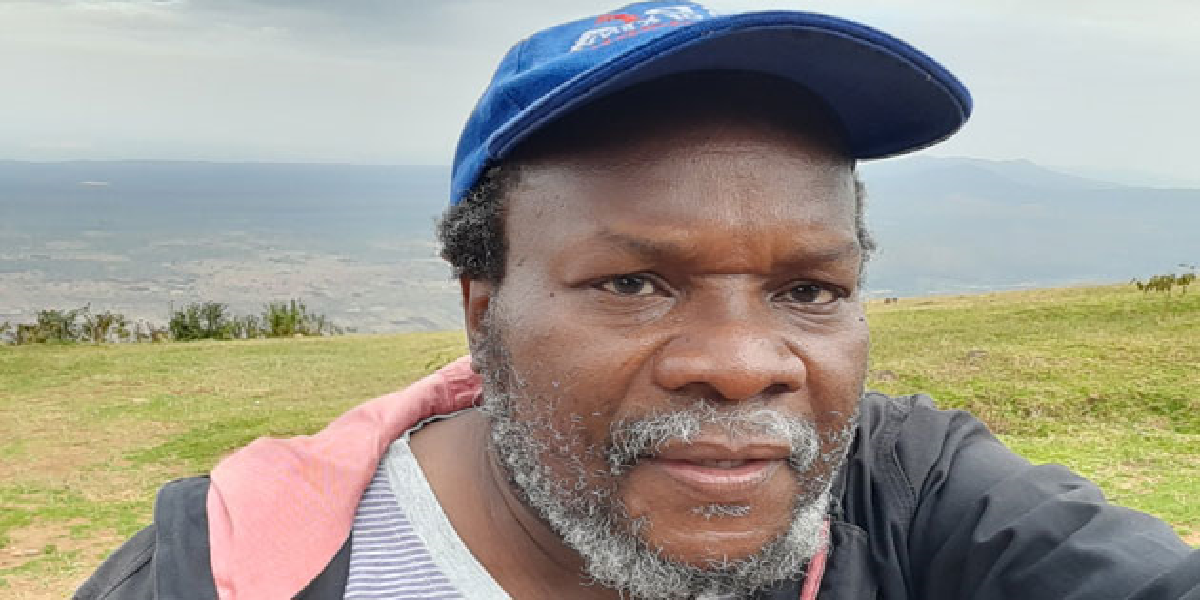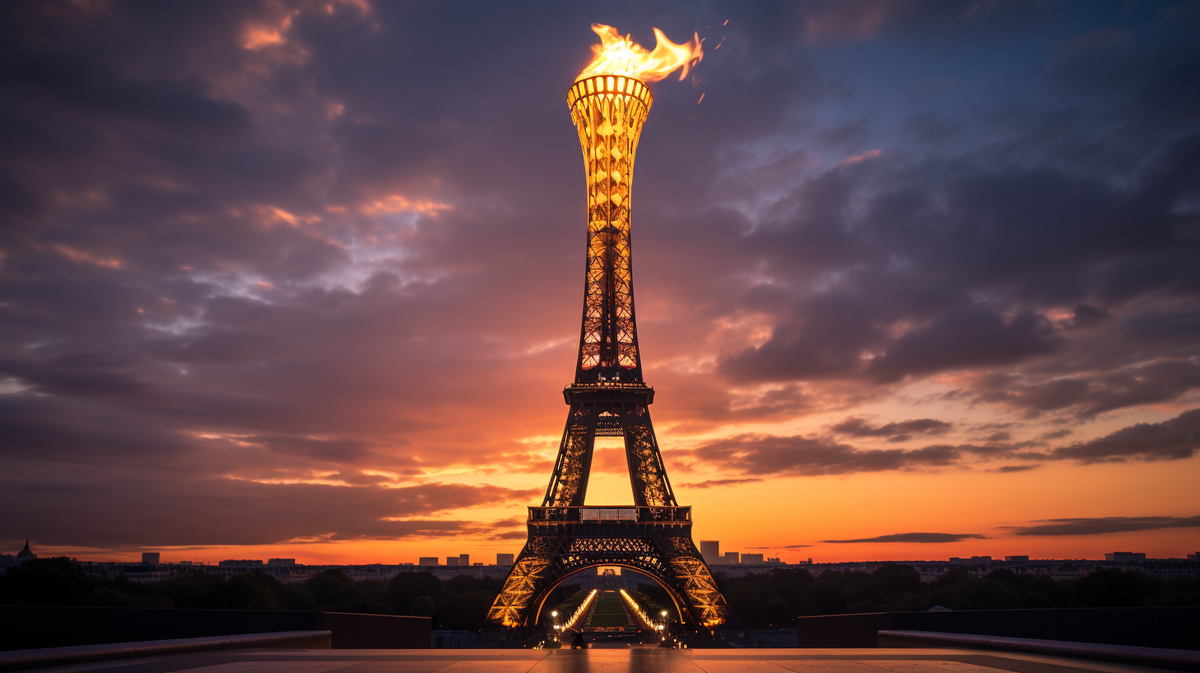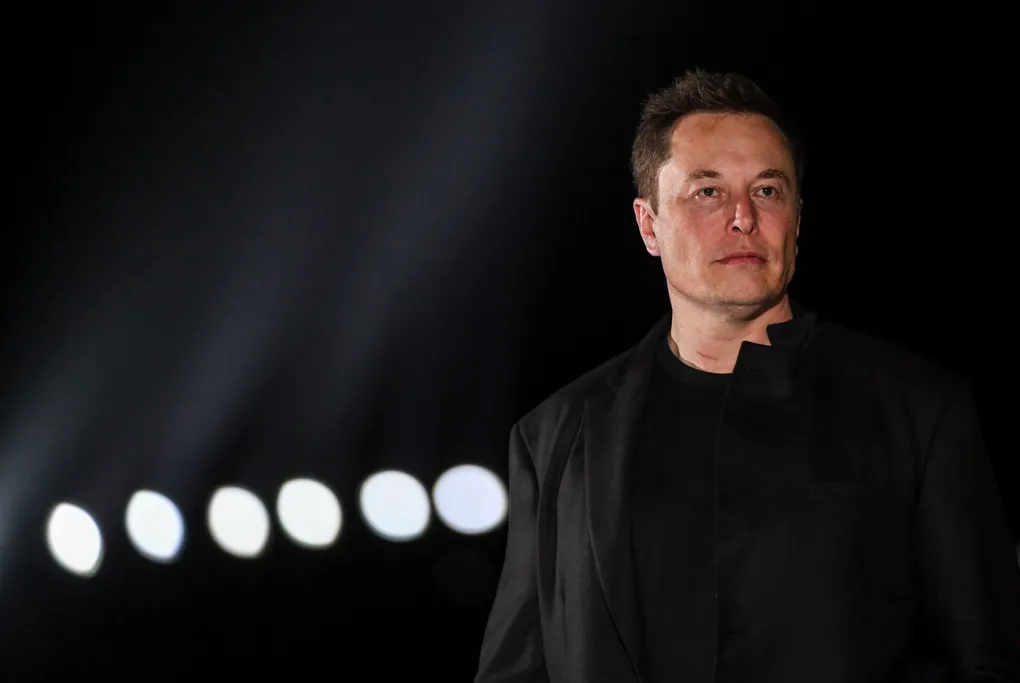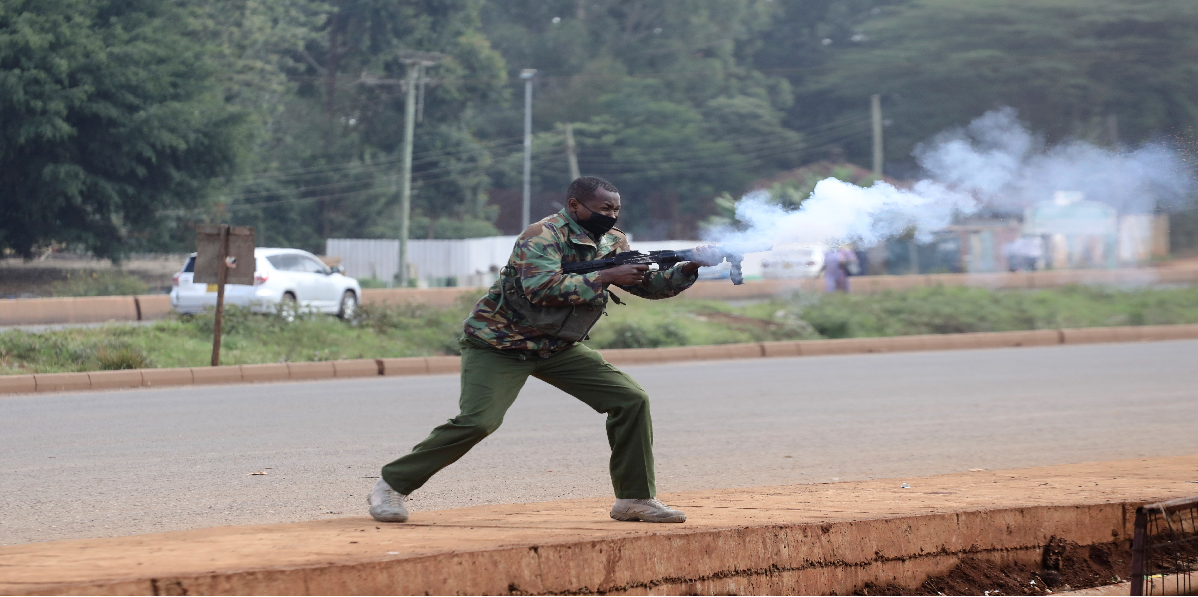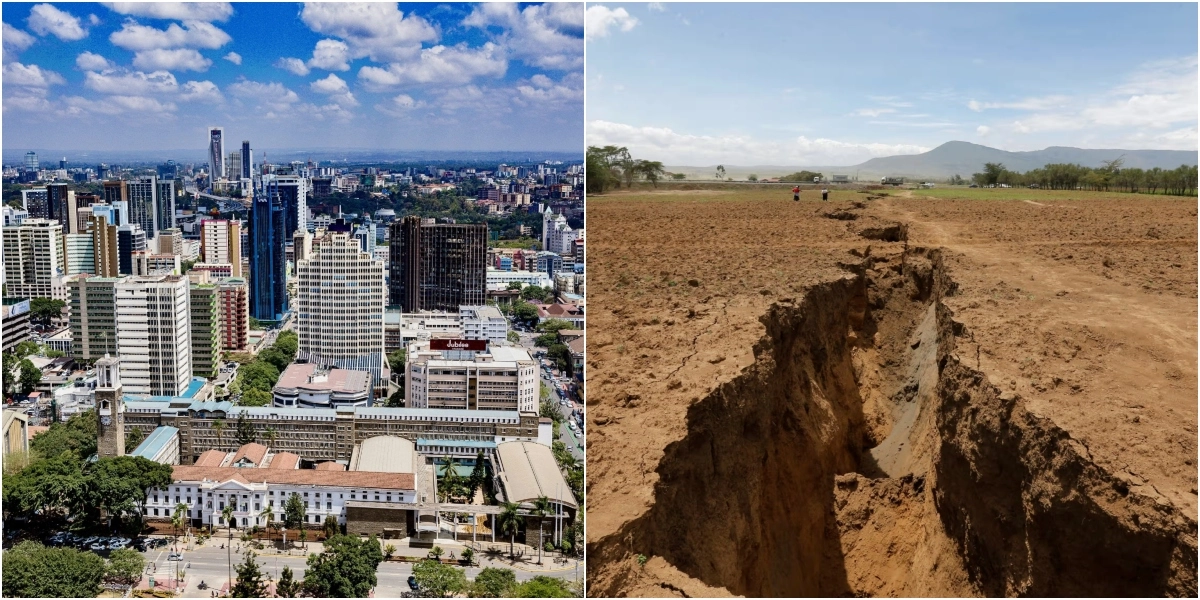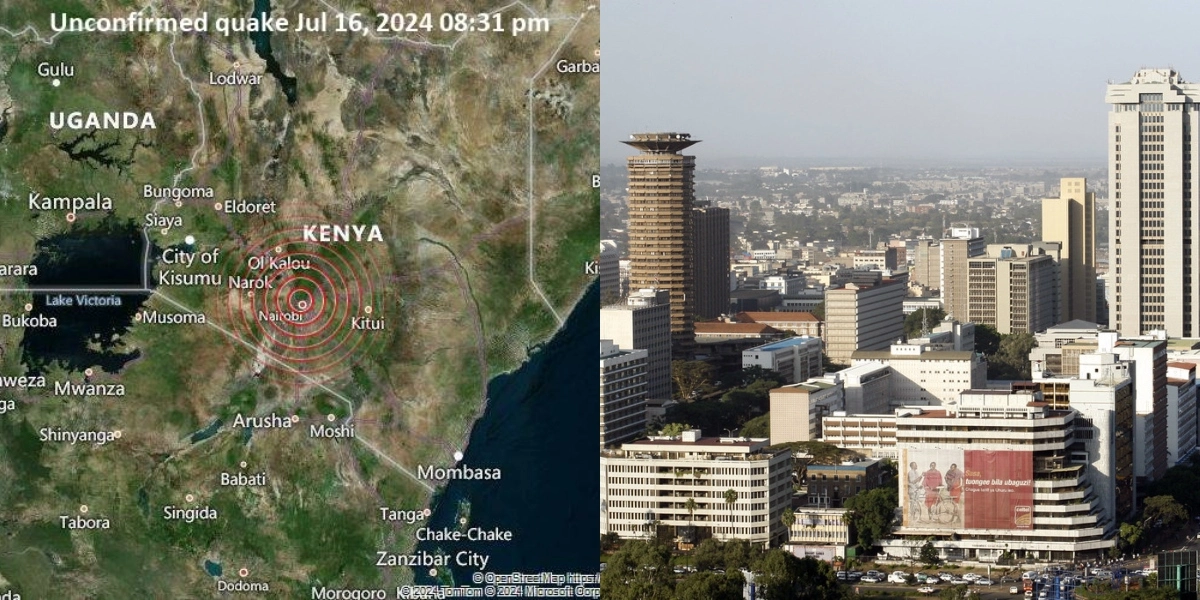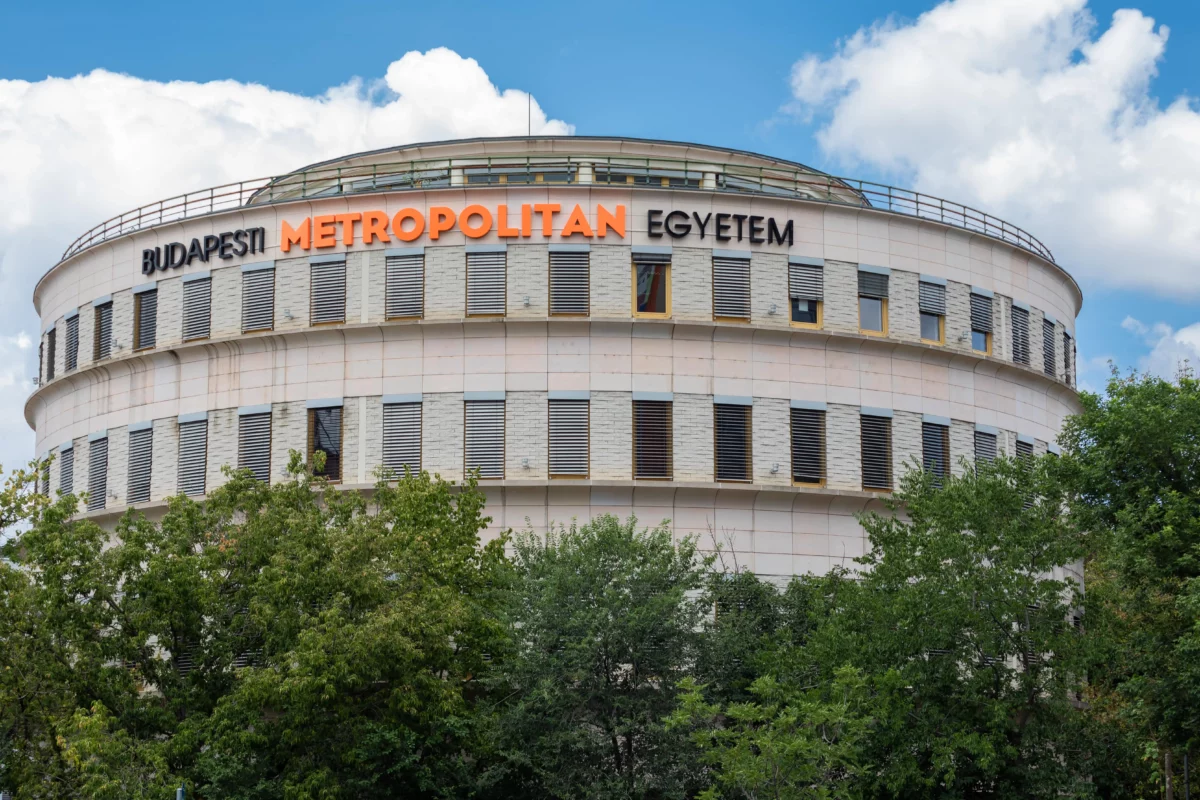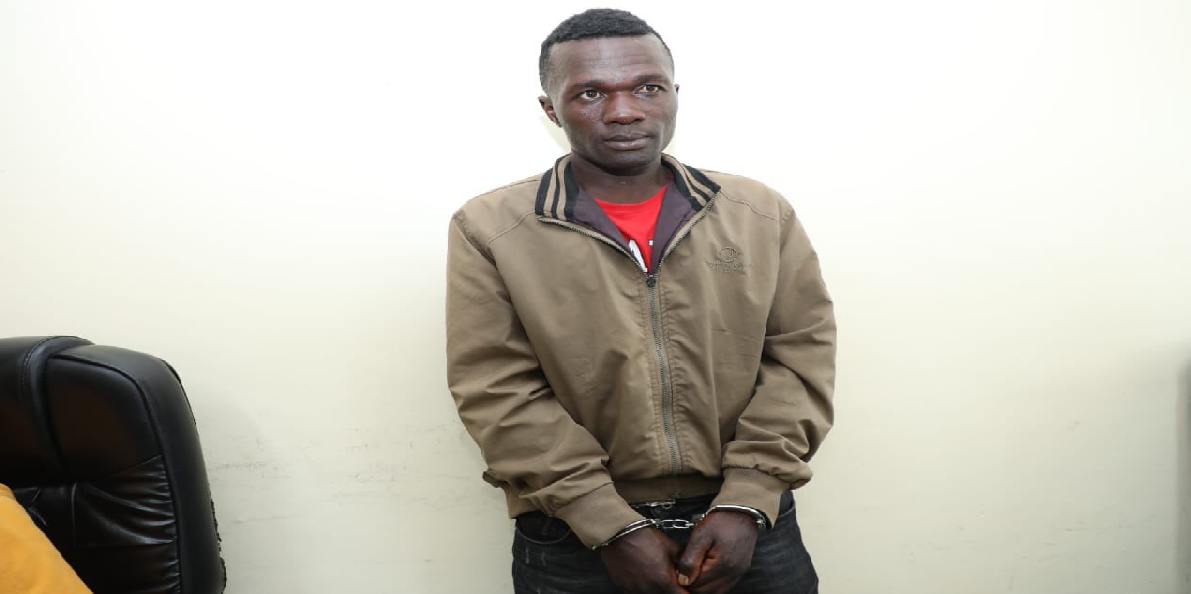According to most reports and publications, it has officially been 60 years since Kenya began celebrating Mashujaa Day. The day was formerly known as Kenyatta Day since October 20, 1963. However, it was renamed Mashujaa Day after Kenya’s latest constitution was promulgated on August 27, 2010. Nevertheless, the question remains whether critics of the former constitution were right in renaming it. Also, whether the reviewed version of the day is living up to its purpose.
On October 20, 1952, a State of Emergency was declared in Kenya by Governor, Sir Everlyn Baring. This came after the murder of Chief Waruhiu Kung’u by the Mau Mau. The slain chief was loyal to the colonial power governing Kenya then, as a result, “Operation Jock Scott” was initiated. British security officers carrying out orders under the operation rounded up over 150 Mau Mau members. These also included its leader and top officials.
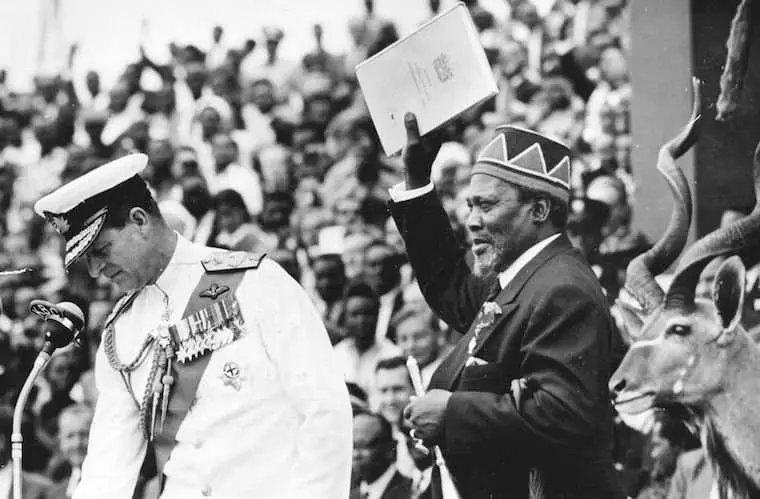
Jomo Kenyatta and five others were accused of, tried, and convicted for running the rogue rebellion movement, Mau Mau. According to Judge Ransley Thacker, Jomo Kenyatta had taken advantage of the power and influence he had gained from education and association with British society. Kenyatta lived in Britain from the early 1930s to the mid-1940s. After this, he came back to Kenya and formed the anti-colonial political party, KAU.
Related:
Mashujaa Day Chief Guest, the President of Angola, Misses Celebrations
Kiprugut Chumo: Why the Shujaa is Being Honored After 59 Years
Consequently, Jomo Kenyatta was found guilty of turning back the efforts of Great Britain’s colonial rule because of his selfish ambitions and greed for power. Through the Mau Mau, it was alleged that Jomo Kenyatta had amassed people to murder, burn, and commit evil atrocities. According to Judge Thacker, who was a retired Kenya High Court Judge and Attorney General at the moment, Kenyatta had preyed on the primitive instincts of innocent Kenyans. A trait, that as per Judge Thacker, lay deep down in Kenyan politicians’ characters.
Nevertheless, Kenyans viewed Jomo Kenyatta and his co-accused from a different point and were convinced that their hero(es) was convicted wrongly. After the six were sentenced to 7 years of hard labor, Kenyans knew that they were long overdue for another uprising. Six years after the arrest, an idea to commemorate the Kapenguria Six was hatched by Tom Mboya, who had suggested the day be named “National Day” or “Freedom Day.”.So, it went down in history that October 20, was first observed in the year 1958, although it was done mainly by activists.
Before the first commemoration of this day, there were debates in the Nairobi People’s Convention Party, on how to mark the day. After a while, it was unanimously agreed that the focus of the day be put on the suffering of Jomo Kenyatta, who was detained for two years longer than the others. As a result, the usual strikes, boycotts, and demonstrations were replaced with widespread fasting in honor of Kapenguria Six and their political leader, Jomo Kenyatta. Hence, it was officially published in the Nairobi People’s Convention Party’s newspaper, Uhuru, that the day be set aside for commemoration and the news gradually spread nationally.
Jomo Kenyatta was arrested alongside; Paul Ngei, Bildad Kaggia, Kung’u Karumba, Achieng’ Oneko, and Fred Kubai. However, over the years, many asked why the day was called “Kenyatta Day.” During the colonial era, Kenyatta was viewed as the most farsighted and ambitious politician to lead the country through a successful fight against colonial oppression. As the position and weight of that might have made more sense then than now, it should not take away the fact the country is where it is today because of its founding fathers and mothers.
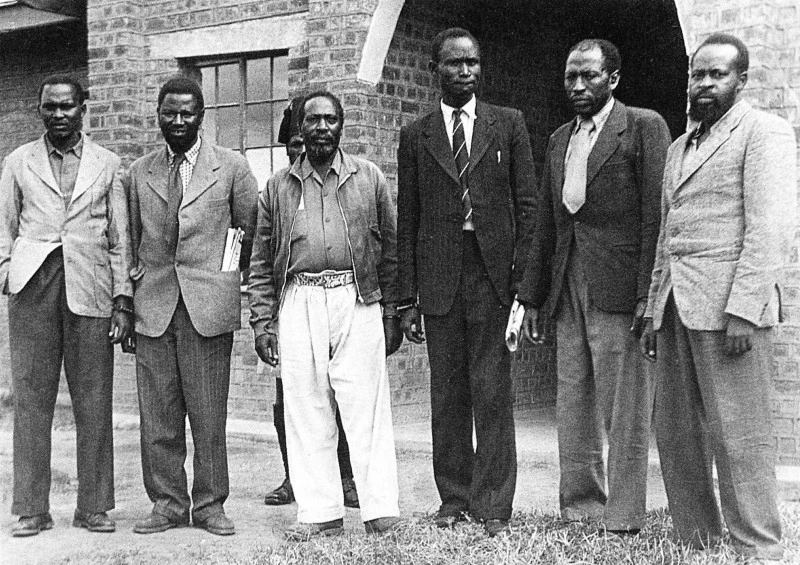
At the time of Kenyatta’s arrest, Kenya’s political landscape had been greatly divided due to KAU’s inability to unite Kenyans. Consequently, other political parties were formed and minority language groups from Nyanza and Coast Province felt included in the country’s struggle for self-rule. However, the state of emergency shook things up therefore creating the need to unite Kenyans again against the colonial power. After Kenya attained self-governance, KANU, the ruling party, put down October 20 into the public calendar as Kenyatta Day.
Kenyatta Day, in post-colonial Kenya was a day set aside to commemorate people who played significant roles in Kenya’s struggle for independence. Fortunately or not, over the years, Kenyatta Day has undergone rigorous criticism, especially from critics in parliament and civil society. After most of these critics attained power, the re-dedication of the day from a few individuals to all individuals considered heroes began, and in 2010, Kenyatta Day officially became Mashujaa Day. According to the latest constitution, Mashujaa Day, meaning Heroes Day is a day that honors the country’s heroes from the pre-colonial, colonial, and post-colonial eras.
Read Also:
Freedom: What it Means to be Free
Preserving Democracy: Tensions Between Democratic DNA and Western Influenc
However, Mashujaa Day as it is, has either lost its true meaning or has it all jumbled up. Kenya’s choosing to take refuge in cultural heritage alone at the expense of history is an indication that it is a country that has little regard for its roots. The representation of the Mau Mau in post-colonial Kenya has deteriorated to grounds that lack respect and regard. It is almost as if we are a country that is trying to run away from itself. In the 2007 post-election violence, the Mau Mau stood out as one of the leading groups that committed gruesome murders and atrocities. Why would a group that was once hailed for fighting the bad guys turn against the very country it fought for?
Regardless of Mau Mau’s shortcomings, successive Kenyan governments have shown unwillingness to embrace Kenya’s history. As a result, Kenyans have become people who forget easily and learn very little despite the many lessons they are put through. Unlike other African countries, Kenya pays very little attention to officially memoralizing regimes. Kenya should begin having state-led memorialization of particular aspects of the past that show how these aspects have been used by both governments and critics over time.
Instead of Mashujaa Day, Kenyatta Day should have been renamed “Founders Day” or “National Day.” A day that would have been set aside to honor Kenya’s foundation and everything, anything, or anyone who contributed to laying it still contributes towards making it strong. Mashujaa Day has watered down the significance of October 20, to Kenyans and the country in general. Noting that a country’s heroes are worth celebrating, it would have been more glorious to set aside a completely different day for them than revamp an old holiday.
Subscribe to our Youtube channel Switch TV
Mashujaa Day continues to fail in its mission because very little focus is being put into recognizing modern-day heroes who selflessly break the glass ceiling to make Kenya proud. Although a hero is a hero, regardless of the circumstances, it is quite confusing and a handful to set aside one day to honor legends collectively from the year 1940s to the current year. People who literally fought for and still fight for this country deserve a separate day of commemoration from people who put this country on the global map.
What would go wrong if Kenya decided to add one more meaningful holiday to its public calendar? After all, Egypt is leading as the African country with the most public holidays with 22 holidays. It wouldn’t hurt Kenya to have 13 public holidays. Also, we should normalize having actual Kenyan Shujaaz (heroes) grace Mashujaa Day fetes as Guests of Honor and Chief Guests.


